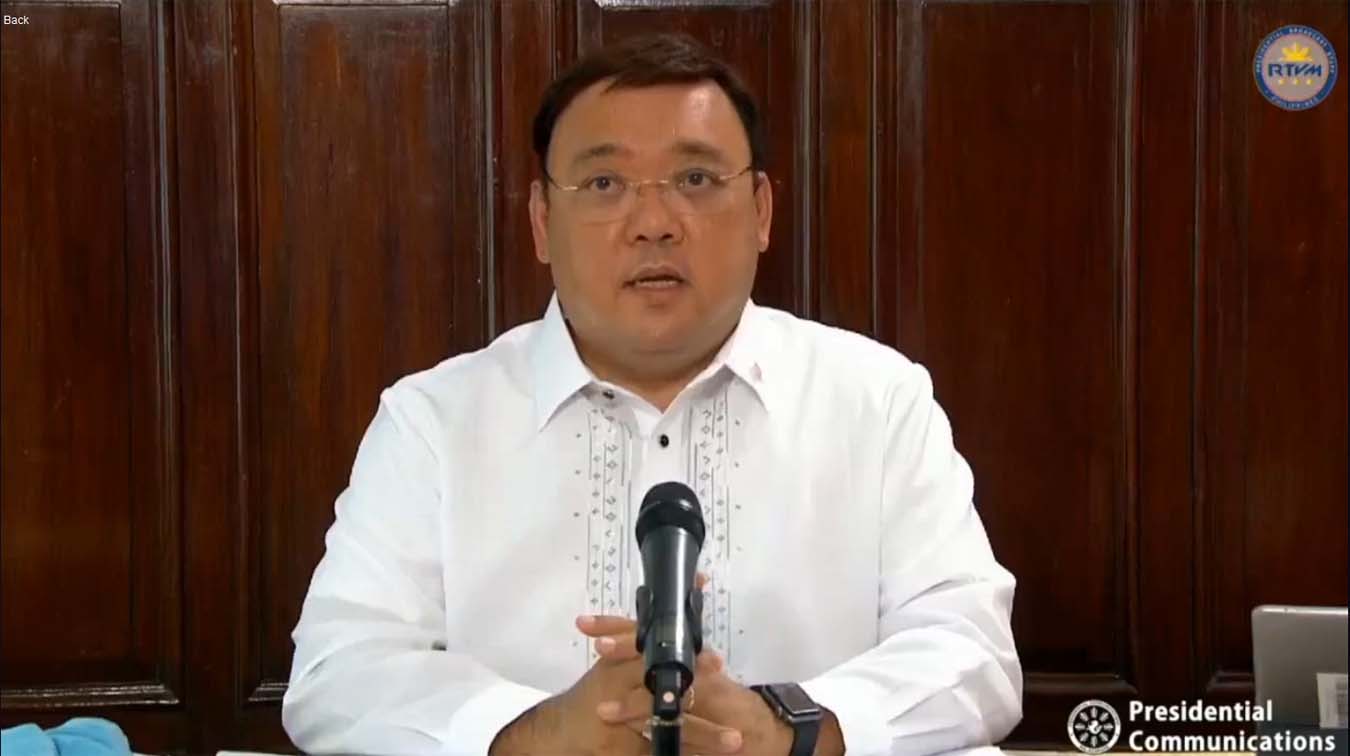News
PH to rely on multilateralism after affirming arbitral win at UN

Presidential Spokesperson Harry Roque described Duterte’s remarks “a perfect example” of making the international community recognize the validity of the arbitral ruling as part of international law. (PCOO file photo)
MANILA – After President Rodrigo Duterte affirmed the country’s arbitral victory against China over the South China Sea before the United Nations (UN), Malacañang on Wednesday said relying on a “multilateral” approach is the way to move forward.
Duterte, in his remarks before the UN General Assembly, said the arbitral ruling “is now part of international law, beyond compromise and beyond the reach of passing governments to dilute, diminish or abandon.”
Presidential Spokesperson Harry Roque described Duterte’s remarks “a perfect example” of making the international community recognize the validity of the arbitral ruling as part of international law.
However, he said a multilateral approach would be the best way to resolve the long-standing sea dispute.
“We can only rely on multilateralism right now, I don’t think we can even rely on unilateral use of force, not only it’s prohibited under international law, but we also have limited means by way of that option and that has been stated by the President time and again,” he said in an interview over CNN Philippines’ The Source.
Besides multilateralism, Roque said there was nothing more that could be done regarding the country’s arbitral victory since it is already forms part of international law.
“We don’t have to do anything, that’s the thing. It is a legal fact that forms part of international law. So the President only, as I said, restated an established legal fact already.
Nothing else has to be done because precisely nothing that any other country that would like to undermine that award will ever have legal effect. They simply cannot erase that ruling,” he said.
Roque also reiterated that Duterte has always been consistent in his stand that no country can undermine the arbitral award.
“We have never changed our position on the arbitral ruling. I have said it over and over again that there is nothing that can undermine that decision, it is evidence of customary law,” he said.
Since the dispute cannot be resolved, Roque emphasized the need for the country to proceed with other aspects of Philippine-China bilateral relations.
“If we cannot resolve territorial issues, then we can put it temporarily on hold and we will proceed with matters that we can move forward, specifically trade and investment,” he said.
He said the sea row is not the sum total of Philippine bilateral relations with China.
“As I said, we will proceed on all other aspects of our relationship and we would probably accept the fact that there will be no resolution in the near future as far as the territorial dispute is concerned but let’s proceed on matters that we could move forward with such as investment and trade,” he said.
This was the first time that Duterte asserted the country’s sovereign rights before the UN and should Duterte have participated in the UN General Assembly much earlier, he may have also said the same, Roque said.





















